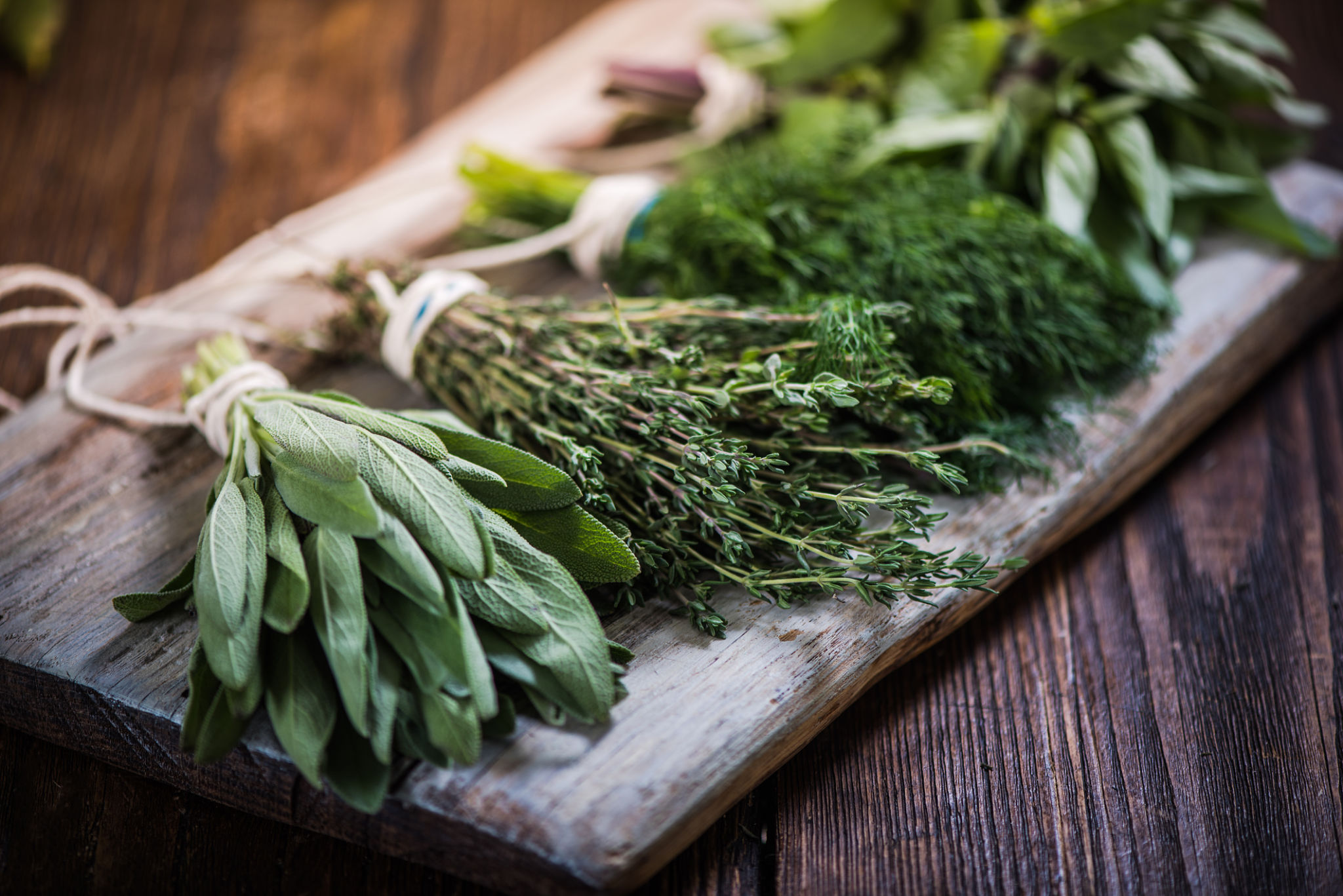Myths About Herbal Teas: What You Need to Know
Understanding Herbal Teas
Herbal teas have been cherished for centuries, celebrated not only for their diverse flavors but also for their potential health benefits. However, there are numerous myths surrounding these natural infusions that can mislead consumers. It's important to distinguish fact from fiction to make the most out of your herbal tea experience.

Myth 1: Herbal Teas Are the Same as True Teas
One common misconception is that herbal teas are the same as traditional teas like black, green, or oolong tea. In reality, true teas come from the Camellia sinensis plant, while herbal teas are made from a variety of plants, herbs, and spices. This means that herbal teas do not contain caffeine unless specified otherwise, making them a great alternative for those looking to reduce their caffeine intake.
Myth 2: All Herbal Teas Are Safe
Another prevalent myth is that all herbal teas are inherently safe because they are natural. While many are safe and beneficial, some herbs can interact with medications or cause allergic reactions. For instance, St. John’s Wort is known to interfere with certain medications. It’s essential to research or consult a healthcare professional before trying a new herbal tea, especially if you have existing health conditions or are pregnant.

Health Benefits and Misconceptions
Many people turn to herbal teas for their perceived health benefits. While some claims are backed by scientific evidence, others are exaggerated or unproven. For example, chamomile tea is known for its calming effects and potential to aid sleep, while peppermint tea may help with digestion. However, drinking herbal tea alone is unlikely to cure illnesses or serious conditions.
Myth 3: Herbal Teas Can Replace Medicine
It's crucial to note that while herbal teas can support wellness, they should not be used as a substitute for prescribed medication. Claims suggesting that herbal teas can cure diseases should be approached with skepticism. Instead, view them as a complementary addition to a healthy lifestyle. Always prioritize professional medical advice over anecdotal evidence.

The Importance of Quality and Source
The quality and source of herbal teas can significantly influence their flavor and benefits. Opt for organic or reputable brands to ensure you're consuming high-quality ingredients. Pay attention to the preparation instructions as well; over-steeping can sometimes result in a bitter taste or reduced effectiveness.
Myth 4: All Herbal Teas Taste the Same
Herbal teas offer a vast array of flavors depending on their ingredients. From floral and fruity to spicy and earthy, there’s something for everyone. Experimenting with different blends can lead to delightful discoveries and a better appreciation for the diversity of herbal infusions.
In conclusion, while herbal teas hold numerous benefits and appeal, it's essential to approach them with an informed perspective. Understanding the myths and facts can enhance your enjoyment and ensure you’re making the best choices for your health and well-being.
